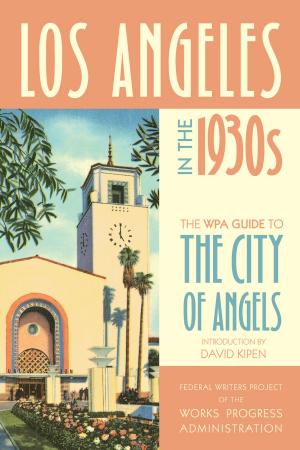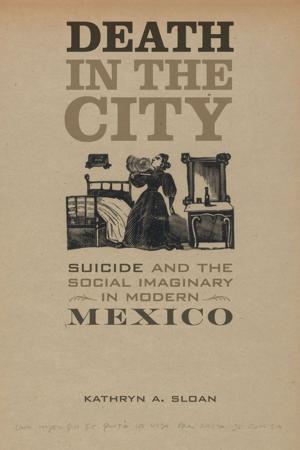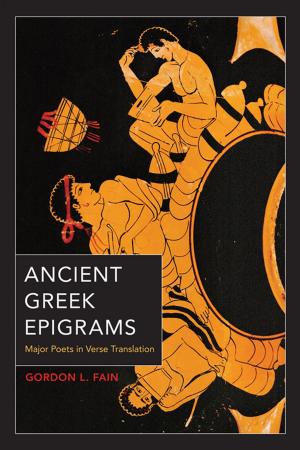The Unvarnished Truth
Personal Narratives in Nineteenth-Century America
Fiction & Literature, Literary Theory & Criticism, American| Author: | Ann Fabian | ISBN: | 9780520928039 |
| Publisher: | University of California Press | Publication: | January 3, 2000 |
| Imprint: | University of California Press | Language: | English |
| Author: | Ann Fabian |
| ISBN: | 9780520928039 |
| Publisher: | University of California Press |
| Publication: | January 3, 2000 |
| Imprint: | University of California Press |
| Language: | English |
The practice of selling one's tale of woe to make a buck has long been a part of American culture. The Unvarnished Truth: Personal Narratives in Nineteenth-Century America is a powerful cultural history of how ordinary Americans crafted and sold their stories of hardship and calamity during the nineteenth century. Ann Fabian examines the tales of beggars, convicts, ex-slaves, prisoners of the Confederacy, and others to explore cultural authority, truth-telling, and the nature of print media as the country was shifting to a market economy. This well-crafted book describes the fascinating controversies surrounding these little-read tales and returns them to the social worlds where they were produced.
Drawing on an enormous number of personal narratives—accounts of mostly poor, suffering, and often uneducated Americans—The Unvarnished Truth analyzes a long-ignored tradition in popular literature. Historians have treated the spread of literacy and the growth of print culture as a chapter in the democratization of refinement, but these tales suggest that this was not always the case. Producing stories that purported to be the plain, unvarnished truth, poor men and women edged their way onto the cultural stage, using storytelling strategies far older than those relying on a Renaissance sense of refinement and polish. This book introduces a unique collection of tales to explore the nature of truth, authenticity, and representation.
The practice of selling one's tale of woe to make a buck has long been a part of American culture. The Unvarnished Truth: Personal Narratives in Nineteenth-Century America is a powerful cultural history of how ordinary Americans crafted and sold their stories of hardship and calamity during the nineteenth century. Ann Fabian examines the tales of beggars, convicts, ex-slaves, prisoners of the Confederacy, and others to explore cultural authority, truth-telling, and the nature of print media as the country was shifting to a market economy. This well-crafted book describes the fascinating controversies surrounding these little-read tales and returns them to the social worlds where they were produced.
Drawing on an enormous number of personal narratives—accounts of mostly poor, suffering, and often uneducated Americans—The Unvarnished Truth analyzes a long-ignored tradition in popular literature. Historians have treated the spread of literacy and the growth of print culture as a chapter in the democratization of refinement, but these tales suggest that this was not always the case. Producing stories that purported to be the plain, unvarnished truth, poor men and women edged their way onto the cultural stage, using storytelling strategies far older than those relying on a Renaissance sense of refinement and polish. This book introduces a unique collection of tales to explore the nature of truth, authenticity, and representation.















